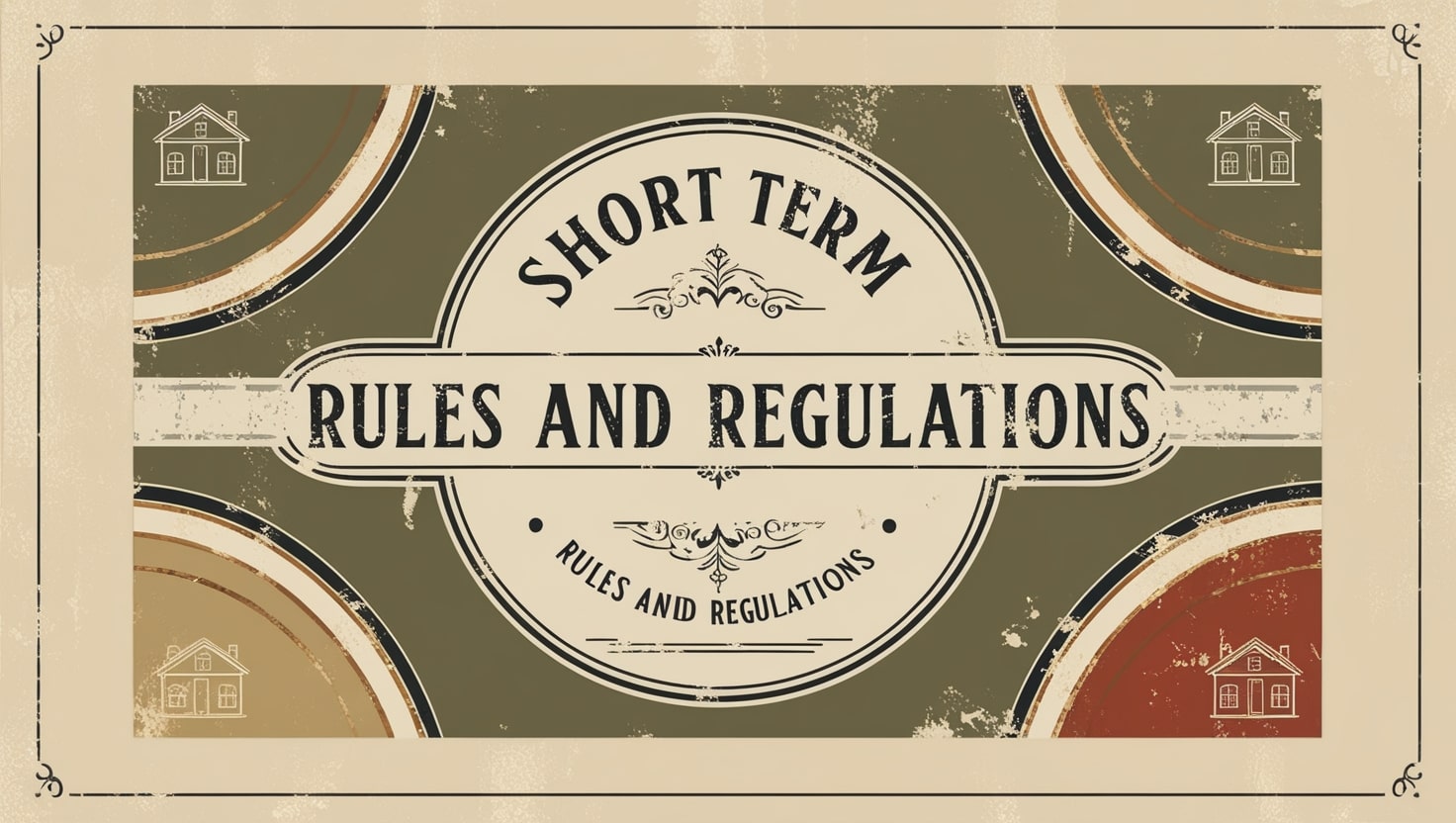

Reno, United States Airbnb Rules &
Regulations
Last updated on: 4th July, 2025
Don’t worry, Airbnb is legal in Reno!
Here are some statistics! As of 4th July, 2025, there are 1,169 listings
available in
Reno from
Airbnb alone.
Out of 1,169 listings, 0% of listings have short-term rental
licenses.
Most listings are operating without official license. It means short-term rental regulation isn't strictly enforced in Reno.
Short-term Rental Regulation & Rules in Reno
Airbnb Regulations in Reno, Nevada - 2024
Reno has introduced a regulatory framework for short-term rentals (STRs), such as those listed on Airbnb, aimed at balancing economic potential with community standards. Here’s a summary of the key regulations affecting STR hosts in the city:
Permitting Requirements
- Short-Term Rental Permit: Anyone renting their property for periods shorter than 28 consecutive days must obtain a short-term rental permit from the Washoe County Planning and Building Department.
- Application Process: Applications are reviewed on a structured schedule, with submissions accepted on the 8th of each month or the next business day if the 8th falls on a non-working day. The application must include proof of liability insurance, a site plan, and a safety plan.
Compliance and Safety Standards
- Safety Measures: Hosts are responsible for ensuring their properties meet local safety standards; this includes having smoke detectors and clear emergency exits.
- Occupancy Limits: STRs are limited to two guests per bedroom or a maximum of 10 guests per property, whichever is lesser.
Community Impact and Zoning
- Zoning Laws: Specific zones are designated for residential use, and regulations ensure that short-term rentals do not disrupt the residential character of neighborhoods.
- Noise Management: Hosts must observe quiet hours (10 PM to 7 AM) to minimize disturbances, and they may need to prepare a noise management plan.
Taxes and Fees
- Tax Responsibility: Hosts must collect and remit the Nevada sales tax (6.85%) as well as the Washoe County room tax (13.5%) and an additional 1% tax levied by the City of Reno.
Restrictions on Events and Gatherings
- Event Limitations: STRs cannot host large gatherings, parties, or events, which is intended to maintain peace in residential areas. Special permits may be needed for any gatherings that exceed normal occupancy.
Enforcement and Accountability
- Fines for Non-Compliance: The enforcement of STR regulations can be strict, with substantial fines for violations already levied by local authorities. Hosts must maintain compliance to avoid penalties.
Summary
The City of Reno’s regulations for short-term rentals are designed to foster a responsible and compliant rental environment while protecting the interests of residents and visitors alike. Hosts should familiarize themselves with these regulations, as well as updates from local authorities, to navigate the evolving landscape of short-term rental operations successfully. As the city finalizes its local ordinances, adherence to existing mandates and proactive engagement with local regulations will be crucial for any short-term rental business.
Airbnb Statistics in Reno! 🚀
Currently, there are 1169 Airbnb listings in Reno. The
Average Occupancy Rate in
Reno is 63% and the average daily rate is
$150.
According to vacation rental market data source Airbtics,
average revenue in Reno is
up to $34,103
each year.
Signup and check out more in-depth
vacation rental data for free.
Explore
Reno's Airbnb
Data
⟶


